Results for the keyword international law
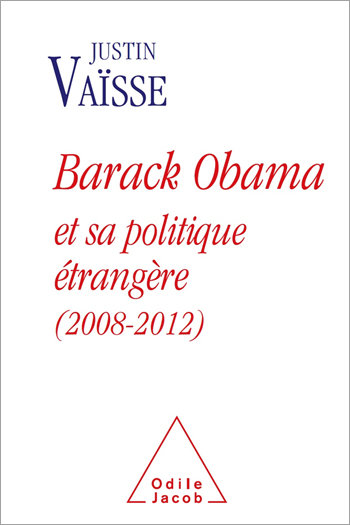
Justin Vaïsse
Barack Obama’s Foreign Policy (2008-2012)
In the run-up to the U.S. Presidential elections, an eminent specialist assesses the present administration
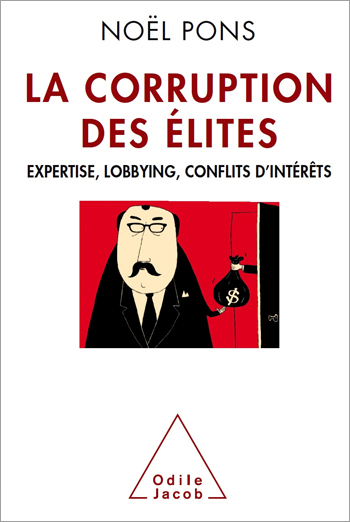
Noël Pons
Corruption of Elites
An expert in the current fight against political and financial fraud gives his viewpoint and shows that not all dysfunctions in the system can be blamed on individual or temporary excesses.
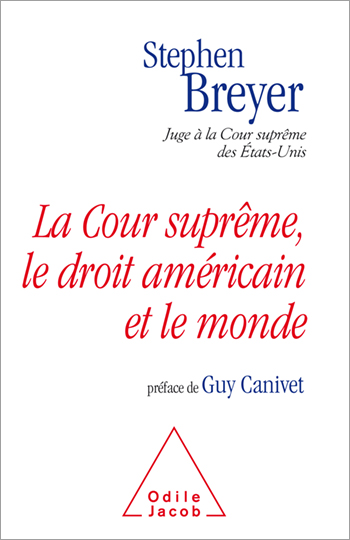
Stephen Breyer
The Court and the World American Law and the New Global Realities
n this original, far-reaching, and timely book, Justice Stephen Breyer examines the work of the Supreme Court of the United States in an increasingly interconnected world, a world in which all sorts of activity, both public and private—from the conduct of national security policy to the conduct of international trade—obliges the Court to understand and consider circumstances beyond America’s borders.
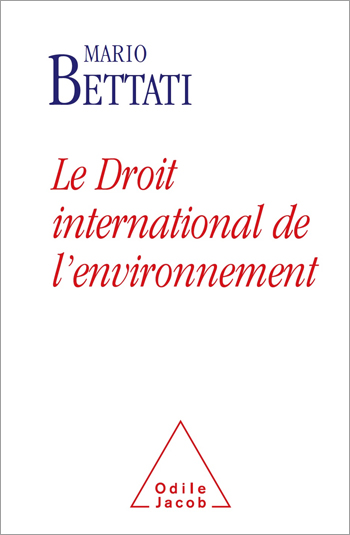
Mario Bettati
International Environmental Law
An indispensable book for students, diplomats and activists faced with attacks on the environment
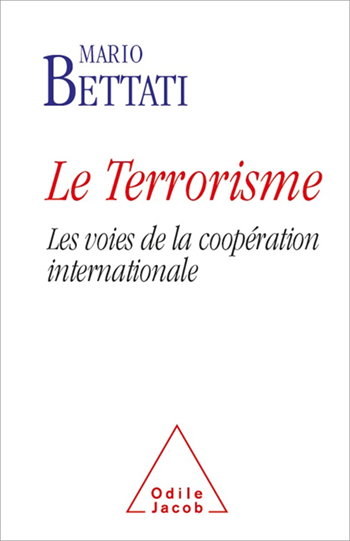
Mario Bettati
The International Struggle Against Terrorism
Terrorism and the anti-terrorist struggle appraised by an eminent European expert
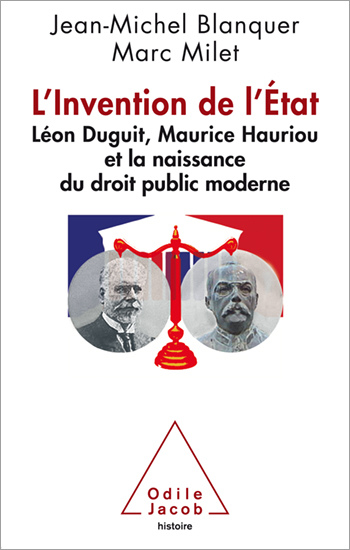
Jean-Michel Blanquer, Marc Milet
The Invention of the State Léon Duguit, Maurice Hauriou and the Birth of Modern French Public Law
How France’s judicial state was constructed in the early years of the 20th century, as reflected in the lives of two eminent legal figures
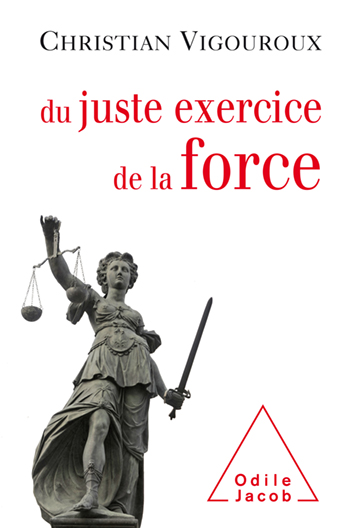
Christian Vigouroux
On the Need for Using Force …As long as there are guidelines
An incisive essay on what democracies can do when faced with violence. Thoughtful comments that add depth to current debates about security and respecting freedom. A talented essay-writer who combines political musings and literary references. The author’s high political office grants him a particular legitimacy for commenting on these subjects.
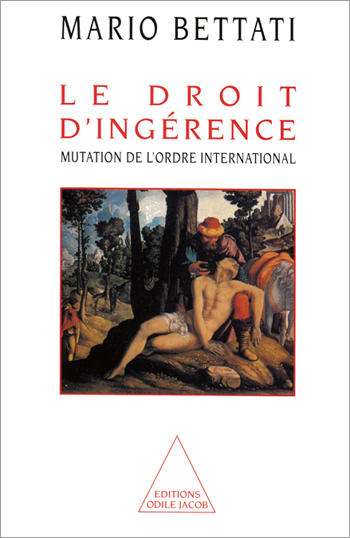
Mario Bettati
The Right of Interference Transformation of International Order
Inventor of the "right of interference", Mario Bettati, a professor of International Law, explains in this book the precise political circumstances and the legal context under which the right of humanitarian interference came about. This book is divided into four parts which follow both a chronological and a logical order. Beginning with interference as verbal denunciation, following with interference as medical assistance, he speaks of forced interference (Yugoslavia, Somalia and Rwanda) and finishes by dissuasive interference (courts for crimes against humanity and conflicts observatories). A thorough presentation of an important subject.
